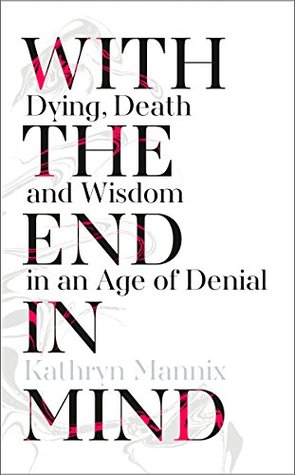More on this book
Community
Kindle Notes & Highlights
Read between
February 25 - March 2, 2020
By encountering death many thousands of times, I have come to a view that there is usually little to fear and much to prepare for.
Bereaved people, even those who have witnessed the apparently peaceful death of a loved one, often need to tell their story repeatedly, and that is an important part of transferring the experience they endured into a memory, instead of reliving it like a parallel reality every time they think about it.
This last vigil is a place of accountability, a dawning realisation of the true value of the life that is about to end; a place of watching and listening; a time to contemplate what connects us, and how the approaching separation will change our own lives forever.
Whether CBT first aid or the full CBT intervention, the core principle is that we are made unhappy by the way we interpret events. Distressing emotions are triggered by disturbing underlying thoughts, and helping a patient to notice these thoughts and to consider whether or not they are accurate and helpful is key to enabling them to change.
Bereavement is the process that moves us from the immediacy of loss and the associated grief, through a transition period of getting to know the world in a new way, to a state of being able to function well again. It’s not about ‘getting better’ – bereavement is not an illness, and life for the bereaved will never be the same again. But given time and support, the process itself will enable the bereaved to reach a new balance.


